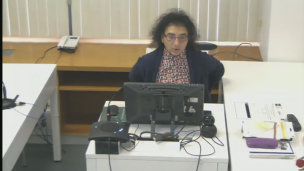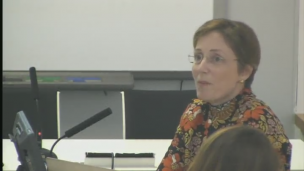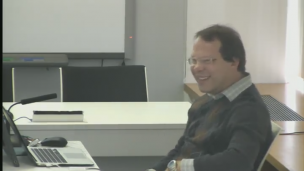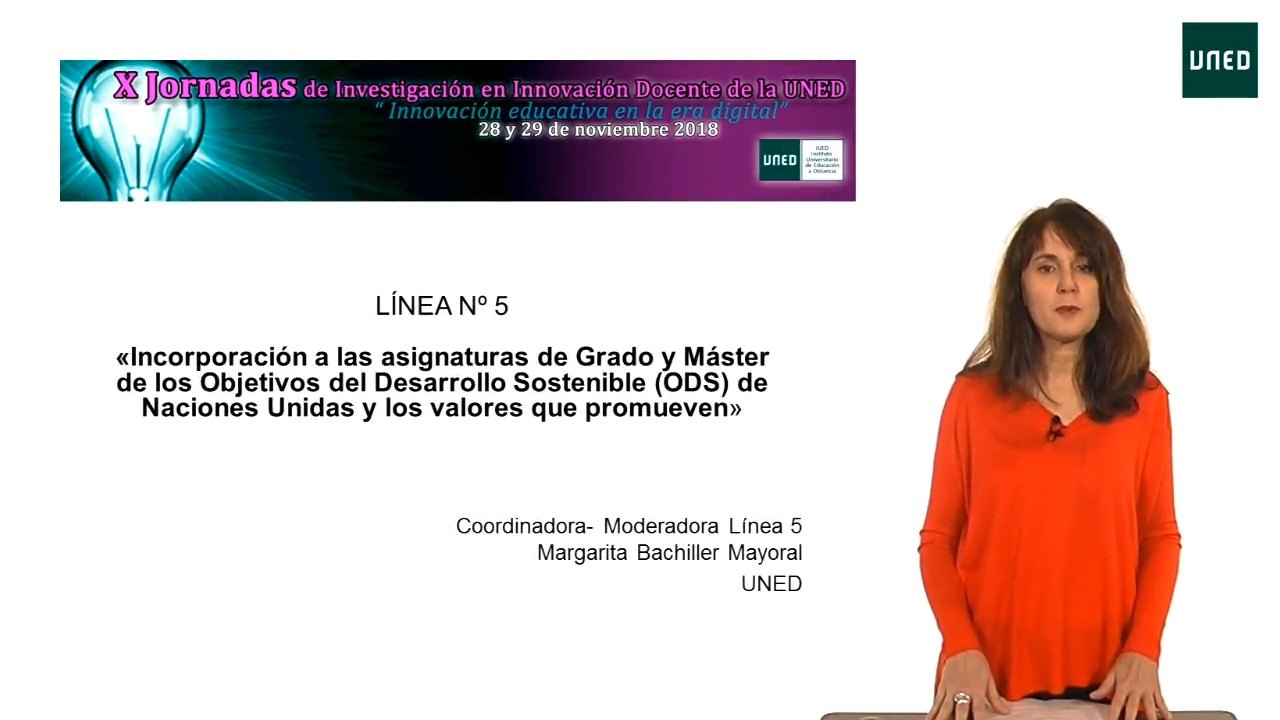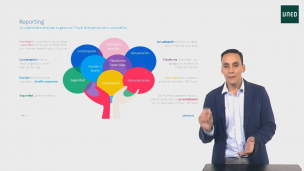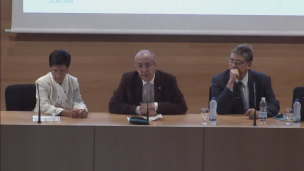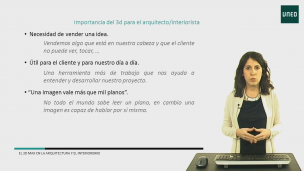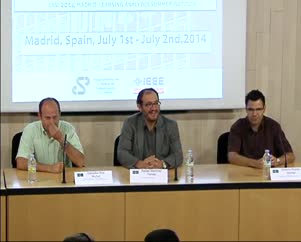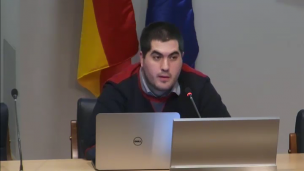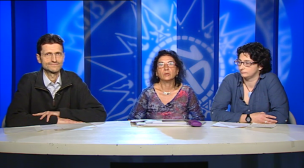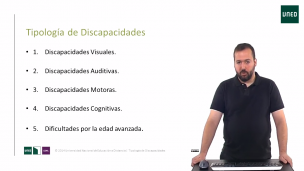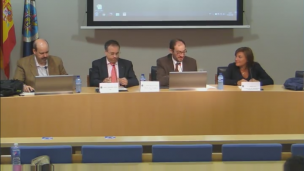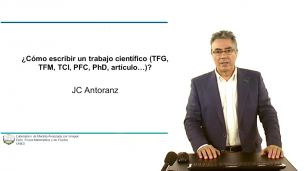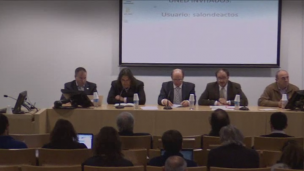On why discourse is good for sentiment analysis
The study of evaluation, sentiment and subjectivity is a multidisciplinary enterprise, including sociology, psychology, linguistics and computer science. In
computer science and computational linguistics, sentiment analysis or opinion mining focuses on extracting sentiment at two main levels of granularity: the
document and the sentence. The first level aims to categorize documents globally as being positive or negative towards a given topic, whereas at the
sentence level the goal is to determine sentiment locally, using words or phrases in the sentence. Extraction methods in both cases rely on a variety of
approaches going from bag-of-words representations to more sophisticated models that address the complexity of language, and insights from linguistics,
such as the role of negation, speculation and various context-dependent phenomena. In this talk, I focus on how more linguistically-informed representations can contribute to the analysis and extraction of evaluation, subjectivity and opinion in text. In particular, I discuss the role of discourse or coherence relations in the interpretation of sentiment.
Maite Taboada is Professor of Linguistics at Simon Fraser University in Vancouver (Canada). She holds Licenciatura and PhD degrees from the Universidad Complutense de Madrid (Spain), and an MSc in Computational Linguistics from Carnegie Mellon University (USA). Maite works in the areas of discourse analysis, systemic functional linguistics and computational linguistics, currently focusing on coherence relations in discourse and on sentiment analysis.
-
Maite Taboada professor of Linguistics, Simon Fraser University, Vancouver (Canada)


